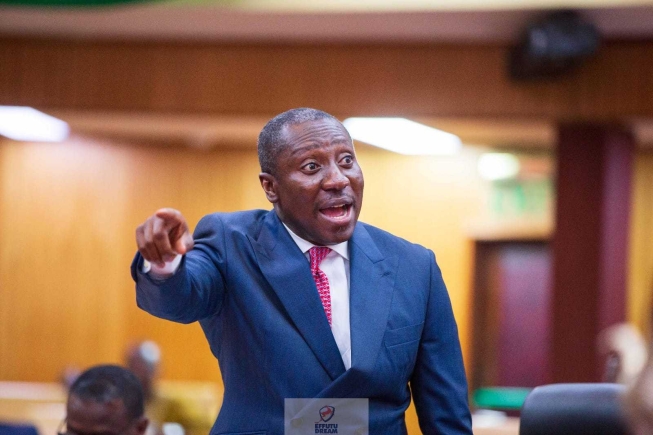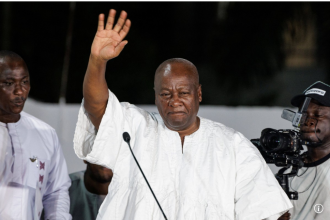In a spirited exchange on the floor of Parliament, Minority Leader Alexander Afenyo-Markin has challenged the Finance Minister’s assertion that the recent appreciation of the Ghanaian cedi is “unprecedented.” The debate unfolded during the presentation of the 2025 Mid-Year Budget Review, where Finance Minister Dr. Cassiel Ato Forson celebrated the cedi’s performance, declaring “cedi no apicki” and attributing the gains to the current administration’s policies2.
But Afenyo-Markin wasn’t convinced.
“Let’s analyse this carefully,” he said. “Yes, the cedi strengthened in early 2025, and that’s commendable.
But what are the underlying causes—and is this sustainable?”
The Effutu MP argued that the cedi’s recovery began under the previous New Patriotic Party (NPP) government, citing key interventions such as:
- The IMF Extended Credit Facility agreement
- The Gold-for-Oil programme
- Domestic debt restructuring efforts
He emphasized that by the end of 2024, the cedi’s depreciation had slowed to 19% year-on-year, a marked improvement from its steep decline in 20223.
Afenyo-Markin also pointed to global economic pressures that contributed to the cedi’s earlier struggles:
- Aggressive interest rate hikes by the U.S. Federal Reserve
- The Russia-Ukraine conflict driving up oil and commodity prices
- A temporary loss of investor confidence before Ghana secured IMF support3
- He accused the current National Democratic Congress (NDC) administration of misrepresenting the situation, claiming they inherited a stabilizing currency—not a collapsing one. He even referenced IMF reports that, according to him, quietly acknowledge the groundwork laid by the previous government.
“The foundation had already been laid, and that must be acknowledged,” Afenyo-Markin concluded.










